Across the United States, over 200 Immigration and Customs Enforcement (ICE) detention centers operate largely out of the public eye, holding individuals awaiting trial and subjecting them to allegedly illegal forced labor. While, in our current political climate, undocumented immigration is a polarizing topic, forced labor should never be. Despite this, in detention centers across the nation, abusive conditions continue to perpetuate modern forms of slavery. The United States (US) has long proclaimed itself a lodestar of civil liberty, but inside ICE facilities migrants are forcefully
Speak free
What we're talking about right now.
TIP report release reveals serious perils for America’s anti-trafficking efforts
The most important takeaway from last week’s publication of the 2025 Trafficking in Persons (TIP) Report isn’t what’s inside the document, but the circumstances of its release. The future of the report itself is in peril, as is the office that produces it. 2025 TIP report release The TIP Report is the world’s premiere reference resource on forced labor and sex trafficking, evaluating anti-trafficking efforts by more than 150 governments and providing concrete recommendations for improvement. For decades, the State Department has gathered diplomats from foreign countries, survivors
Opinion: A life in the shadows of North Carolina fields
Yesenia Cuello is a co-founder and the executive director of NC FIELD, a community-based organization that helps marginalized communities overcome barriers to resources. This article is syndicated by Beacon Media. I was 14 the first time I worked in a tobacco field alongside my family. We entered a field we couldn’t see the end of. We slit holes in black trash bags to wear over our clothes, keeping us dry from the dew. The spray from the tractors across the road made our noses itch and our eyes water. We ignored what we were told was “vitamins for the plants” being sprayed. The
Beyond awareness: confronting the MMIP-trafficking nexus
Missing and Murdered Indigenous People (MMIP) and human trafficking are interwoven crises fueled by the same structural violence — and they must be addressed together through Indigenous-led, systemic solutions. So, to acknowledge this International Day of the World’s Indigenous Peoples on August 9, we are unpacking this harrowing and ongoing interconnected crisis: the disproportionate number of MMIP, especially women, girls, and Two-Spirit individuals, who are victims of human trafficking. MMIP are often not isolated tragedies, but similiar to the the causes of trafficking, are a result
No child should endure what I endured
Image: Me aged 7, just before I was trafficked. I want to share something vulnerable with you. When I was seven years old, I was forced into sex trafficking by someone who was supposed to take care of me. Part of my healing journey has been fighting for the freedom and recovery of others who have experienced human trafficking. For over 15 years, I’ve supported survivors and advocated for justice. But as the years have passed, I’ve become more and more committed to prevention because I can’t bear the thought of one more child being exploited or abused. I’m asking you


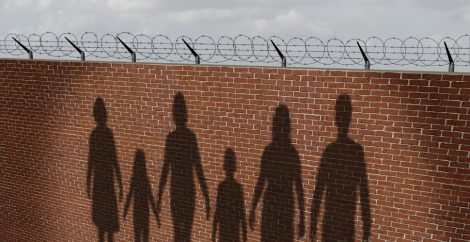
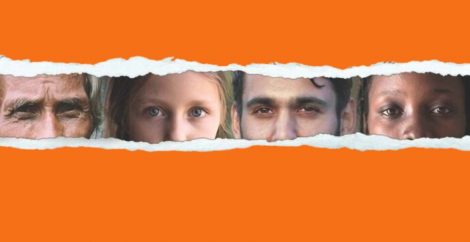
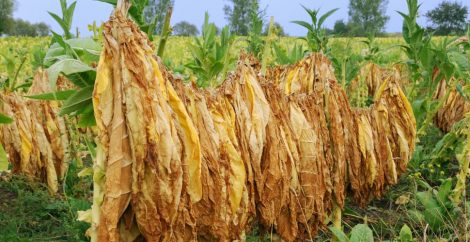
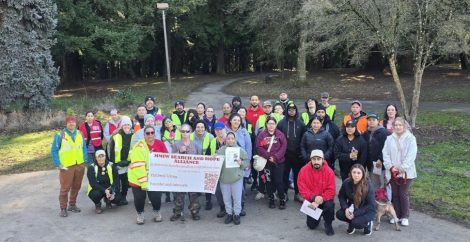
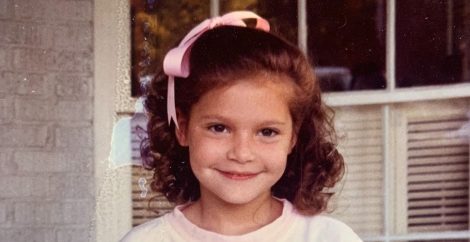

-
Follow us on Facebook
5.6M
-
Follow us on Twitter
32K
-
Follow us on Instagram
8K
-
Subscribe to our Youtube
5.7K
Donate